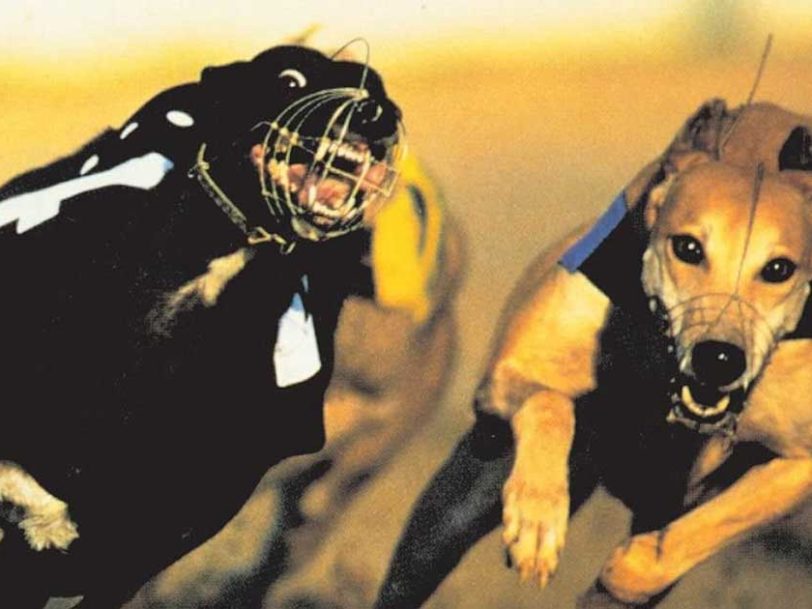In hindsight, it seems incredible, but when Blur entered Maison Rouge – a long-gone recording studio in Fulham, West London – in August 1993 to begin sessions for what would become their third album, Parklife, it was make-or-break time. Despite having scored a UK Top 10 single in There’s No Other Way, their 1991 debut album, Leisure, saw them dabble in indie-dance while trying to figure out their identity. It’s 1993 follow-up, Modern Life Is Rubbish, was a huge step up for the group, particularly frontman and songwriter Damon Albarn, who looked to prime British pop music – The Kinks, Small Faces, XTC, Madness – for inspiration and, crucially, began writing about the world on his doorstep. But though it sowed the seeds for the mid-90s revival in British guitar music, the album didn’t find the audience it deserved. Meanwhile, Blur’s label, Food Records, was struggling. The pressure was on for Blur’s third album to deliver…
Listen to ‘Parklife’ here.
“There was a feeling that the time was right”
Speaking to the NME in 2019, producer Stephen Street, who’d worked on The Smiths’ classic run of albums in the mid-80s and had been instrumental in Modern Life Is Rubbish’s change of approach, remembered the mood as sessions for Parklife began. “There was a sense of ‘this has got to work’, but at the same time, we were confident. There seemed to be a feeling that the time was right.”
Blur were one of a clutch of new British bands who wrote songs about the things they knew, rather than looking to the US for inspiration, creating an excitement around homegrown guitar music not seen since the British Invasion of the 60s. Suede celebrated outsiderdom while finding grit and glamour in kitchen-sink drama; Oasis’ debut album was a rush of aspiration and hedonism; Pulp observed the seedy underbelly of everyday life with an arched eyebrow. Blur, meanwhile, dealt in kitsch and nostalgia while making cynical – or at least arch – examinations of the trappings of modern life. The successes of each of these very different groups had a cumulative effect, moving what had previously been considered indie music into the mainstream.
“I create these characters but I can’t really be them”
Albarn’s new material seized the moment. One of the first songs attempted at the Parklife sessions was the title track, as Stephen Street told Uncut in 2014: “They’d played it at Reading that summer, and they’d played it at the Astoria [in London, on 4 June 1993], too, but they were thoroughly sick of it by now. Damon was trying to do the vocal, but he was very unhappy with it, so they kept dismissing it, putting it to the back of the queue.”
- ‘Parklife’: A Track-By-Track Guide To Every Song On Blur’s Breakthrough Album
- Best Blur Albums: Their Studio Discography, Ranked And Reviewed
- Best Blur Songs: 20 Classic Tracks That Revitalised British Music
Though Albarn usually wrote in character, he felt that his attempts at singing the song’s verses seemed flat and inauthentic. “I create these characters but I can’t really be them,” he later told Select. “It’s too difficult.” Meanwhile, he’d approached the actor Phil Daniels, best known for his starring role in the 1979 film Quadrophenia, about adding narration to a waltz he’d written called The Debt Collector. When Albarn struggled with that lyric, Daniels was asked to try Parklife instead. The actor was the perfect fit. Adding spark and humour to a song that may otherwise have been abandoned, he helped it became one of Blur’s most recognisable tracks, serving as a catalyst for the rest of the album.




